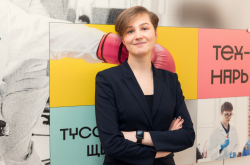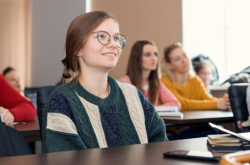About ITMO.Mentors
ITMO.Mentors is a unique educational project launched earlier this year by ITMO University’s Faculty Support Office. It allows ITMO students to complete a course on teaching and soft skills in order to assist lecturers and eventually join the ranks of the university’s teaching staff.
ITMO.Mentors in numbers
A total of more than 300 students applied for the program. More than 200 mentors were employed during the fall semester at more than 15 departments of ITMO University.
What’s next?
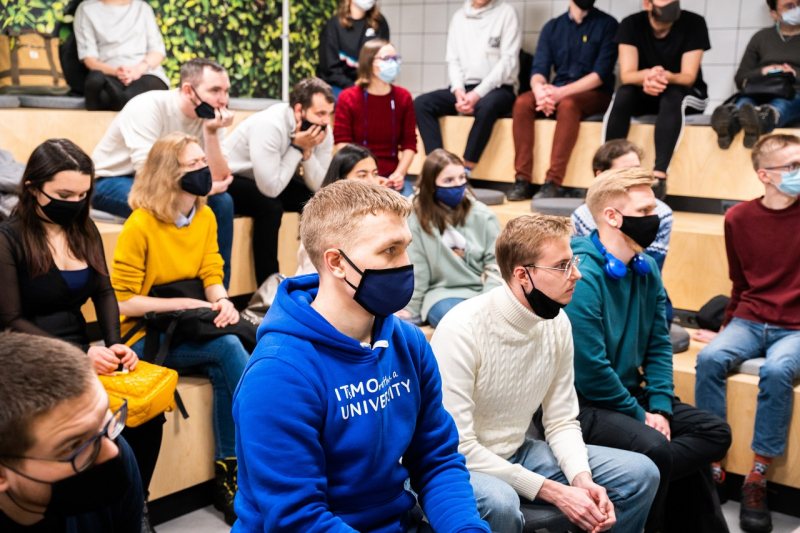
Mentors’ future steps depend on their track of choice.
The first track could be chosen by those who had already possessed experience in education or had been working on educational activities alongside lecturers or other students by the time of application. These students didn’t have to wait a whole semester before diving into their work; any missing competencies were covered during 32 academic hours of classes.
As part of their studies, the first-track mentors could choose practical classes in which to improve their skills. They also had access to lectures and materials of the online course.
Participants of the first track will take a final survey on assessment of mentor activities and receive feedback from students and lecturers. After this, their participation in the learning process will have to be approved by faculty’s lecturers and deans. Then, they will be able to sign an employment contract for the spring semester.
In accordance with one of the key aims of the project – to form an employee pool of young lecturers among ITMO students – the participants will attend meetings, seminars, and webinars to help them prepare for the open call for teaching staff.
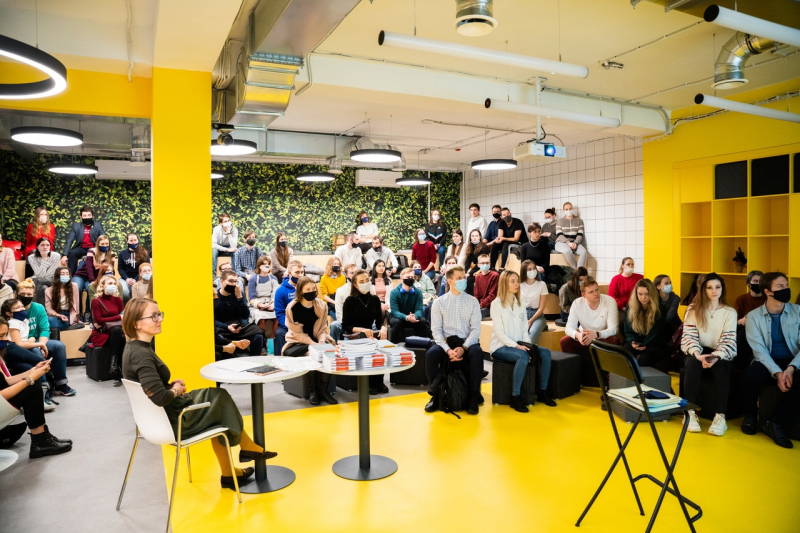
The second track was designed for those who had no experience in teaching or had just enrolled at ITMO. In early 2021, they will be assigned to their department or lecturer of choice, interviewed, and evaluated by the corresponding faculty’s dean. Interviews are also required for students who are going to work with a lecturer they haven’t met yet.
Thus, the upcoming spring semester will be the final one for the first-track mentors, whereas the second-track participants will train and work for another year.
“We are glad that the project’s training stage has gone so well both for the mentors and for us, the organizers, who are also a part of the process. Most participants have completed the course successfully and received their certificates. However, we realize that it’s not the most important thing. The main thing are the results – the skills and competencies that were acquired and improved during training. They will come in handy not only in teaching, but also in life generally,” says Ekaterina Bezyzvestnykh, an educational methodology specialist at the Faculty Support Office.
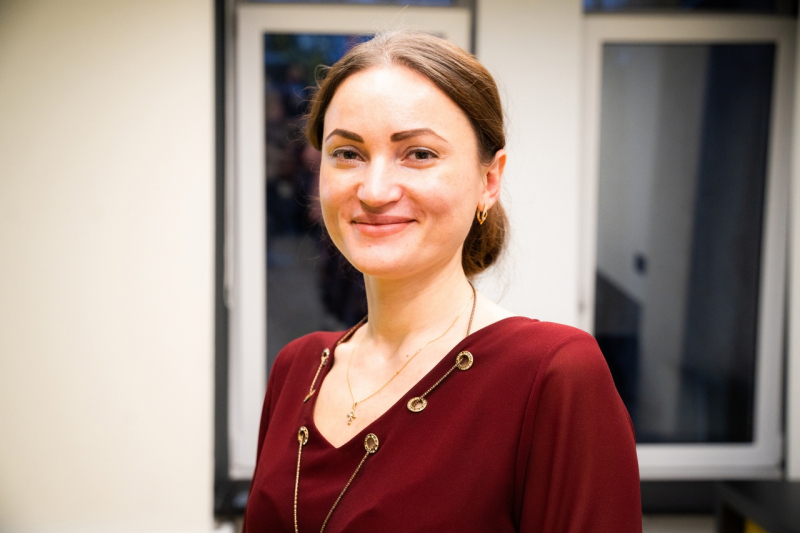
According to her, many students have already picked a field they would like to work in. Some of them have discussed it with lecturers they’ve met during their studies or training. They will continue to work together in the spring semester.
At the same time, some participants realized that mentorship is not for them. The project staff thank them for their participation and wish them luck in their endeavors.
“Some students initially wanted to assist with technological subjects but changed their minds during training. That’s also an important result. One of the key aims of our work is to help students try their hand at this or that field and realize what they are into and what’s best for them,” notes Ekaterina Bezyzvestnukh.
The next run of ITMO.Mentors will take place in the coming academic year. The organizers will try to take into account all feedback to improve the project. That’s why they paid a lot of attention to the feedback system. The participants took surveys as they applied, after each practical class, and upon the completion of the training.

The mentors were also able to receive help from their curators. They communicated in group chats in messenger apps and social networks.
According to Ekaterina Bezyzvestnykh, the students wanted to take part in the project for various reasons: some had always wanted to fulfill their childhood dream and become a teacher, some wanted to see the teaching process from within, some wanted to find answers to questions they are personally interested in, for example, how to use the most efficient tools and technologies for learning. Each had their own perspective and the organizers tried to take into account the mentors’ interests.
Opinions of participants
“I entered the ITMO.Mentors project because I’d like to work as a soft skills lecturer at ITMO University. I have completed my Bachelor’s studies a long time ago and I’ve been working in a field related to communication with people for more than 10 years, so I would like to continue my path in education. This project is a great opportunity to achieve that,” shares Yulia Khutornaya, a first-year Master’s student at the Faculty of Biotechnologies.
According to Yulia, she gained much more than she expected. As it turns out, there are many aspects to teaching; for example, she acquired skills of pedagogical design and learned how to use tools for distance learning.
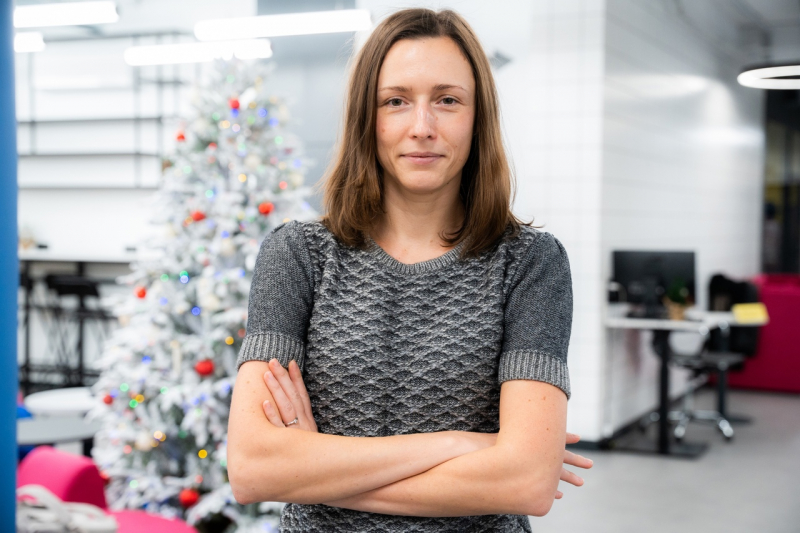
“Until I entered the course, I thought teaching was much simpler, but now I realize that it’s a complex process. To teach well, you need to have an unconventional approach and keep in mind many nuances,” she says. “I especially enjoyed our lecturers. They are all very different and employ different approaches and methods. It helps you realize that you should pick up something different from each of them.”
Yulia says that she helped conduct classes at ITMO and it was important to meet current students and see them as her audience.
“For many years I’d had a job where I had to interact only with adults, so this experience was entirely new to me. The young people of today are completely different and they have their own interests and opportunities that should all be taken into account,” she concludes.
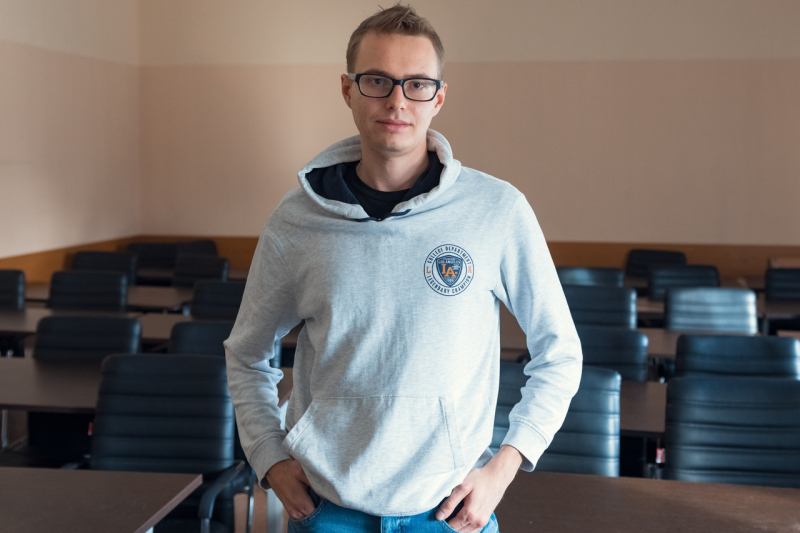
Dmitry Pasechny, a first-year Master’s student at the Faculty of Biotechnologies and a participant of ITMO.Mentors, admits that he’s not sure whether he will continue to teach, but he certainly has acquired useful skills.
For example, he learned how to behave in unusual situations, why all kinds of classes are equally important, which tools should be used by teachers, what motivates students, how to control discussions, and how to interact with a large audience.
“I realized that teaching is a science, an art, and a profession at the same time,” he says. “One of the most interesting aspects for me were soft skills, to which we paid a great deal of attention. It’s very important to be able to prioritize, manage time, and talk to people. Other than that, ITMO.Mentors, like any other learning experience, teaches you to concentrate, work with information, and process it critically. It was a useful experience and a great opportunity that isn’t available at just any university. I’ll be glad to continue the course in spring.”
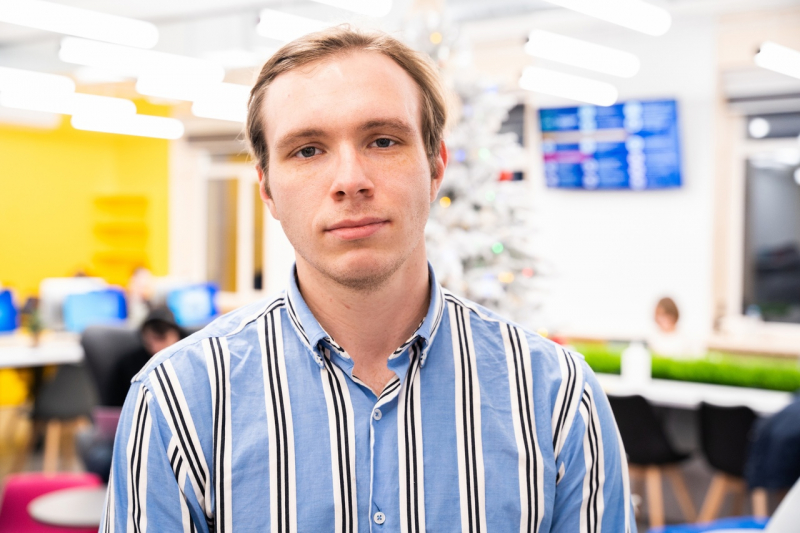
Mikhail Litvinov, a PhD student at the Faculty of Applied Optics, says that he has already decided what his plans are and will apply his newly-acquired skills in practice.
“I joined the project because I wanted to broaden my horizons and teaching is something I’m interested in. I’ve learned a lot of new things about education, for example, I became familiar with various interactive platforms for teaching. I especially liked the first part of the course, when we had offline classes, communicated with each other, and worked as a team. In the future, I plan to teach, so all acquired knowledge will come in handy,” says Mikhail.




